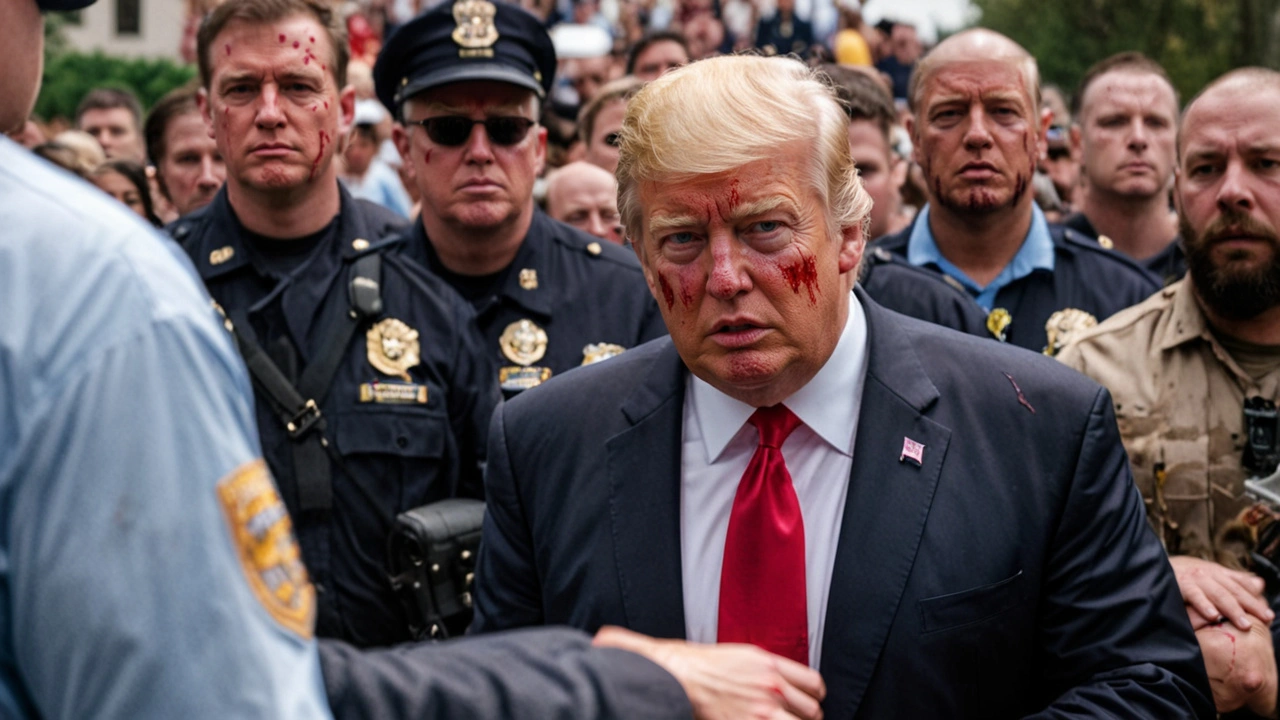Political Violence: What You Should Know
Political violence is any act where force is used to achieve political goals. It can take many forms, from protests turning violent, to clashes between rival groups, even attacks targeting government officials or residents. It affects everyday life, shaking communities and disrupting peace.
Why does political violence happen? Often, it stems from deep-rooted issues like inequality, corruption, ethnic tensions, or disputes over power and resources. When people feel unheard or oppressed, they may turn to violence as a way to express frustration or try to change the status quo.
How Political Violence Impacts Society
When violence flares up, it doesn't just make headlines. It breaks trust within communities and damages local economies. Schools can close, businesses shut down, and families live in fear. This kind of unrest also scares away investors and tourists, slowing down development. On a bigger scale, it pushes countries into long-term instability that’s hard to fix.
Steps Toward Reducing Political Violence
The good news? There are ways to reduce political violence. First, open dialogue is key. When leaders listen and address grievances fairly, tensions can ease. Building strong, inclusive institutions helps people feel represented and respected. Community programs that promote understanding between different groups also make a difference.
For example, after violent protests in Kenya’s recent past, efforts shifted to involving young people in politics and creating spaces for peaceful expression. This approach helped lower conflicts and gave new hope to those who felt ignored.
If you want to understand current events better, keeping an eye on political violence stories can show you where tensions lie and what solutions communities are trying. Staying informed helps us all become part of positive change, no matter where we are.

